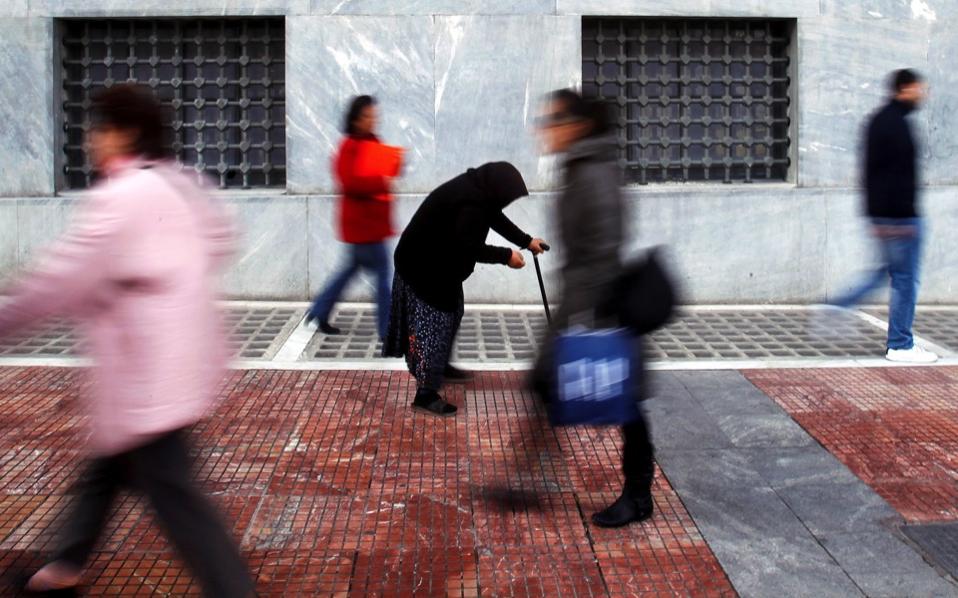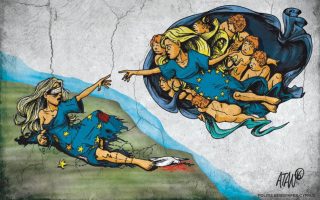It’s not poverty, it’s cheapness

In an interview with Kathimerini back in 2013, modern Greek literature professor Mario Vitti commented that he believed that things were “getting poorer,” not “cheaper, but poorer.”
The 90-year-old Italian, who has left his mark on 20th century Greek and European literature, was honored at a major event at the Benaki Museum yesterday.
Despite Vitti’s rich resume, his writing activity (a history of modern Greek literature and a work on the 1930s Generation of artists, which are widely used as points of reference) and daily interaction with leading figures of the postwar generation, he maintains a playful and demystifying relationship with his considerable academic career.
In this case, the honoring of the esteemed professor serves as an opportunity to revisit his 2013 observation, which Greece seems to have exceeded in the worst of ways: Yes, we are becoming poorer, but, above all, we are becoming cheaper.
The generation of which Vitti is a member – in its broader sense this includes grandparents, parents and other “normal” pensioners, who are not below the 65-year age mark – lived through periods of major poverty, but not cheapness.
Their life choices reflected their loathing of anything fancy and over-the-top.
What followed was “wealth,” which a few decades later was replaced by “poverty” – both terms used in inverted commas because neither ever really existed.
If wealth had truly existed, it would have been accompanied by production (as opposed to simple hikes in salaries and pensions), as well as investment in education on all levels.
If poverty was the norm, daily life would look quite different.
But cheapness does exist and is visible in the country’s political and cultural life. Equally indisputable is the existence of “impoverishment” – as observed through unemployment, part-time employment, the breakdown in the salary system and – basically – paid work – which would be more bearable if the feeling of decay were not so widespread.
Dry public dialogue and a decline in education and culture are not the consequences of the crisis, but have been sharpened by the recession and the unwillingness of governments to invest in the long term and the politically non-redeemable, in the short term, at least.
Meanwhile, we carry on, without any sign of repentance, turning cheapness into an ideology and a way of life.





